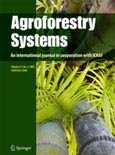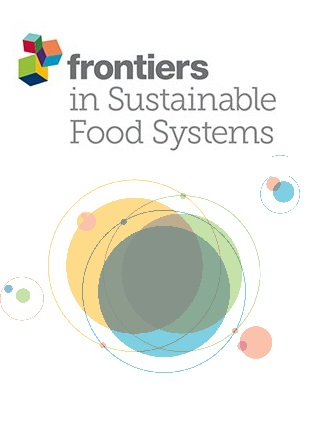The project that produced the results in this paper was set up to understand more about the viability of agroecological practices at farm and household level, identifying the lockins and drivers of use of agroecology and paying particular attention to labour and work. A case study approach was used, with 11 cases across eight countries from Tunisia to Madagascar contributing evidence. A common framework was used in all cases but with adaptation of details to local contexts. After two years collecting data, case-study and coordinating teams met in December 2022 to look at results and plan detailed analyses. Although the analysis of the extensive data had only just begun, some important messages were emerging. These have been summarised in this paper and are presented with examples of the evidence supporting them.
Download:
DOI:
https://doi.org/10.17528/cifor-icraf/008817Skor altmetrik:
Jumlah Kutipan Dimensi:
Tahun publikasi
2023
Penulis
Bahasa
English
Kata kunci
agroecology, farmers, food systems, agricultural systems, household surveys
Geografis
Burkina Faso, Ethiopia, Kenya, Madagascar, Malawi, Senegal, Tunisia, Tanzania



















